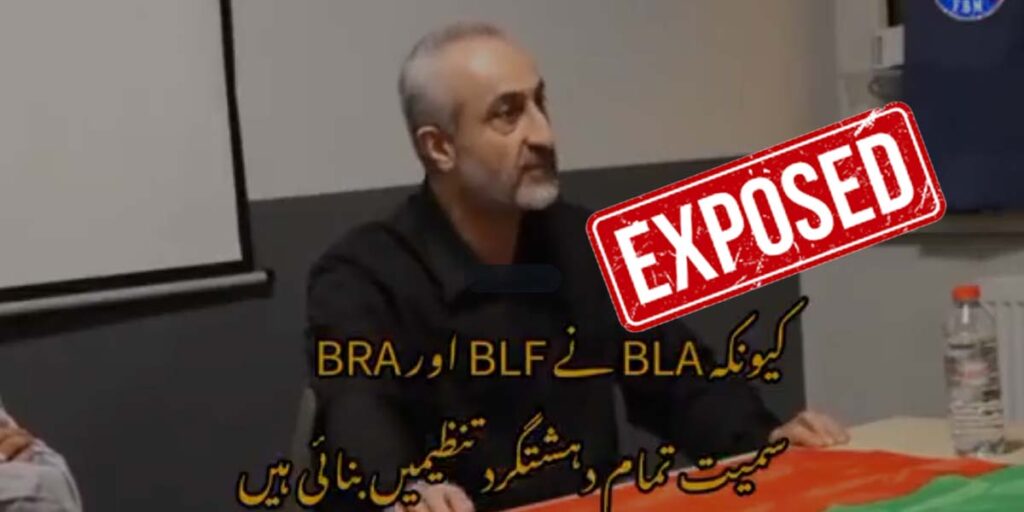ISLAMABAD: Indian involvement in regional destabilization efforts has come under renewed scrutiny, as credible reports indicate continued sponsorship of banned terrorist organizations such as the Balochistan Liberation Army (BLA) and Balochistan Liberation Front (BLF).
On April 22, 2025, a militant attack struck Baisaran Valley, a popular tourist destination near Pahalgam, in the Indian illegally occupied Jammu and Kashmir (IIOJK). The assault resulted in the deaths of at least 26 tourists and left over 20 others injured. Despite focusing on making counter policy, an Indian former military person is trying to manipulate and spread false propaganda against Pakistan and its sovereignty.
The BLA and BLF are recognized as terrorist organizations by the government and have been responsible for numerous attacks on security forces, infrastructure, and civilians in the region. According to intelligence reports, these organizations have received material and financial support from Indian agencies to fuel insurgency, disrupting peace, and tarnishing Pakistan’s image internationally.
Furthermore, analysts state that India’s involvement in Balochistan is part of a larger geopolitical strategy to weaken Pakistan internally by exploiting ethnic and regional divides.
Despite these efforts, security forces and the people of Balochistan have consistently thwarted attempts to destabilize the province.
Also Read: Key BLA terrorist arrested in joint rangers and CTD operation
Moreover, when these subversive efforts in Balochistan did not yield the intended outcomes, India reportedly shifted its focus to another sensitive region, Kashmir.
جب انڈیا بلوچستان میں ماہرنگ، بی وائی سی اور بی ایل اے جیسی تنظیموں کے ذریعے ہمارے پیارے بلوچستان کو استعمال کر کے پاکستان کو نقصان نہ پہنچا سکا۔
تو اُنڈیا نے جان بوجھ کر کشمیر میں اپنے ہی شہریوں کو قتل کر کے اس کا الزام پاکستان پر ڈال دیا، تاکہ پاکستان پر دباؤ ڈال کر اس کا… pic.twitter.com/kpMBDGc08p
— Dukhtar-E-Balochistan🇵🇰 (@Dukhtar_B) April 24, 2025
In this regard, the alleged propaganda campaign was further used to advocate for the cessation of Pakistan’s water rights under the Indus Waters Treaty.
In this sense, observers note that Pakistan has consistently taken the high road by inviting international observers and media to visit Balochistan and Kashmir to witness the ground realities.
Meanwhile, India has repeatedly denied similar access to international bodies in Indian-administered Kashmir, raising questions over its claims and actions.
The Pakistani government continues to urge the international community to take serious notice of India’s role in regional destabilization.
However, diplomatic efforts are underway to expose these subversive activities through multilateral forums such as the United Nations and the Organization of Islamic Cooperation (OIC).
In such a scenario, both Balochistan and Kashmir remain integral parts of Pakistan, with the people of these regions displaying resilience in the face of external manipulation.





